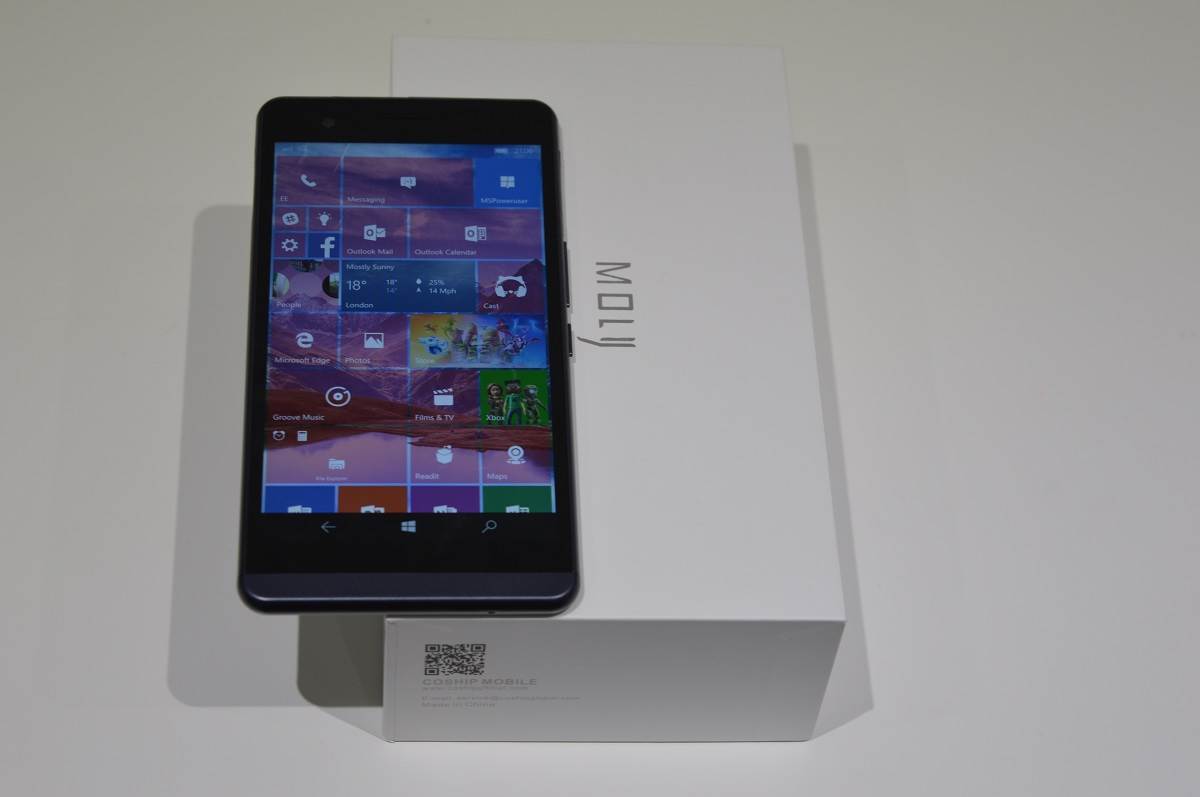
It’s a pretty safe bet to assume that if you’re buying a Windows phone, you’re buying it because you’re a fan of Windows phone in general. It follows on from there that if you’re a Windows phone fan, you’ll want to be on the latest updates, get access to insider builds or barring that, quick access to the latest updates as they come out.
In Windows Phone 8 and 8.1 (for a while at least), Windows phone users who bought the third party Windows phones were out of luck. While such phones often offered features which comparably priced Lumia didn’t offer, they were often slow on updates, with a number of them being ineligible to update to Windows 10 Mobile for some contrived reason or the other. Even flagships like the HTC One M8 for Windows or Samsung Ativ SE were left behind. Now, with Windows 10 Mobile, Microsoft’s Windows As a Service practice meant that all Windows 10 devices could expect to receive updates at roughly the same time. While big updates could be held back for a week or two, the updates would eventually roll out to all phones in the end. That was the assumption at least.
Unfortunately, it seems that Microsoft can still allow OEMs to leave their Windows phones completely unsupported. Take the Coship Moly X1 for instance, launched with Windows 10 Mobile and sold in the USA and Europe, the phone offered a cheap bug screen experience for Windows phone fans who didn’t want to shell out for flagship devices. That phone is completely unsupported. As of today it still runs Windows 10 Mobile version 1511 (for reference Microsoft released version 1607 two months ago and has just announced Version 1703). It has no access to insider builds and is completely cut off from newer app updates targeting the build –most notably Skype. There are probably other Windows phones sold which are abandoned by their manufacturer despite the Windows As a Service program, which is a shame.
I’m not saying you should completely ignore third party Windows phones because that’s all we have right now, but exercise discretion much like you would an Android phone. Alcatel’s Idol 4S and HP’s Elite x3 are probably safe bets, both manufacturers promise quick updates for their Windows 10 phones, and the former works on the insider program. Windows 10 is moving too fast to be left two major versions behind.







